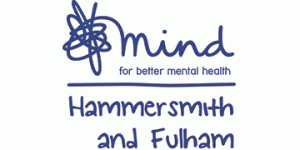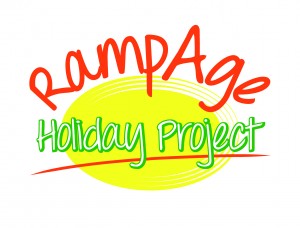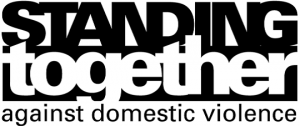Residents back Hammersmith and Fulham’s Air Quality Commission and share their experiences of air pollution
Evidence has been pouring into the council’s resident-led commission to tackle air pollution in the borough.
There is still time to have your say and join the many who have shared their views. Residents can submit evidence (details below) until 2 February.
“Air pollution is a silent killer and we’re determined to tackle the problem in Hammersmith & Fulham,” said H&F Council Leader Stephen Cowan.
“This resident-led commission will gather the evidence needed to help everyone in H&F breath cleaner air.”
Commenting on H&F Council’s website, residents have already pointed out ways in which the problem could be tackled.
“A laudable initiative and I wish it success”, said Anthony Lambert. “London’s air quality is a disgrace. Obviously diesel engines are avoidable vehicle use and largely to blame.”
Other residents gave accounts of how air pollution affects their own health.
“As an acute asthmatic I am very well aware of the deteriorating air quality. I notice this particularly when traffic is heavy,” said R Dennistoun. “I am certain we can afford to do more to prevent or at least ameliorate these sources of pollution.”
Rudi said: “I have noticed when walking along New Kings Road, Wandsworth Bridge Road and Fulham Road during main traffic hours, myself and others find breathing difficult and one gets an unpleasant sensation in the airways and lungs, coughs and feels generally unwell.”
Their views are shared by many people who have been submitting evidence to the Air Quality Commission, led by Hammersmith resident Rosemary Pettit. It will report back later this year but first needs to gather evidence, aided by experts as well as the general public. Click here for more details.
Contact Peter Smith by 2 February to share how air quality affects your life and the lives of other people you know.
Email peter.smith@lbhf.gov.uk or write to him at Room 139, Hammersmith Town Hall, King Street, London, W6 9JU.
See www.lbhf.gov.uk/airqualitycommissioninquiry for more information.





